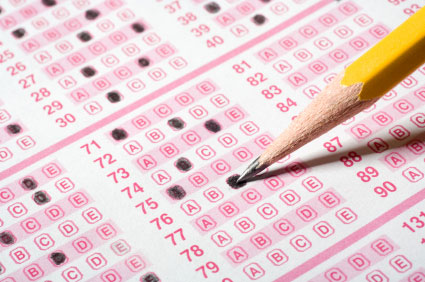 |
| A picture of IU Bloomington's gates. |
I would argue that the environment and area of a college is an
important factor because people have a certain comfort level that they want to
maintain. When deciding on colleges, students are encouraged to branch out and
look at colleges into other parts of the country or even in the world. I
think that this contradicts with the tendency that a lot of students choose to
go to college near their home.
Fox Business agrees with the fact that a college's surroundings majorly
influence a student's decision. One of their articles says that a pro for
staying in state is that "students have the option to go home more often
since it doesn’t involve a plane or train ticket, or a long drive." This
goes back to the comfort level I was talking about before. Even if a
student did go to a college on the other side of the country, the type of
people and lifestyle can be similar. I'm not saying we should all take crazy
risks and go places totally out of our element. I'm just wondering why we put
such boundaries on ourselves when we make decisions.
Did you consider a school's environment when picking a
college/place to live? Are you considering it right now? How would you
define America's comfort level? How have Americans been influenced by American
society when making decisions?

